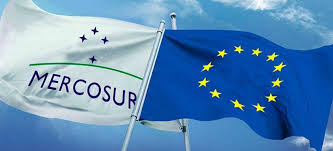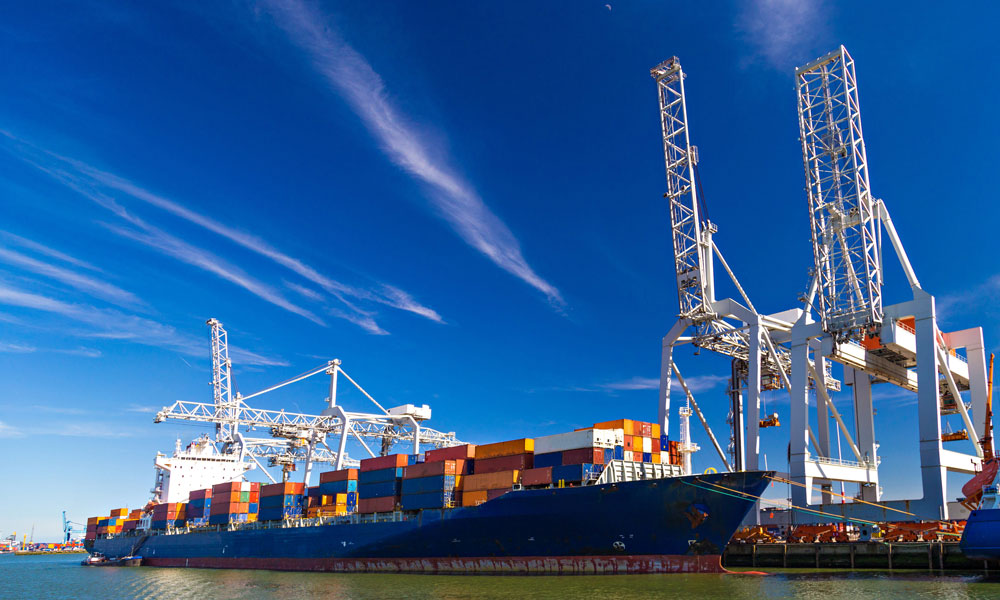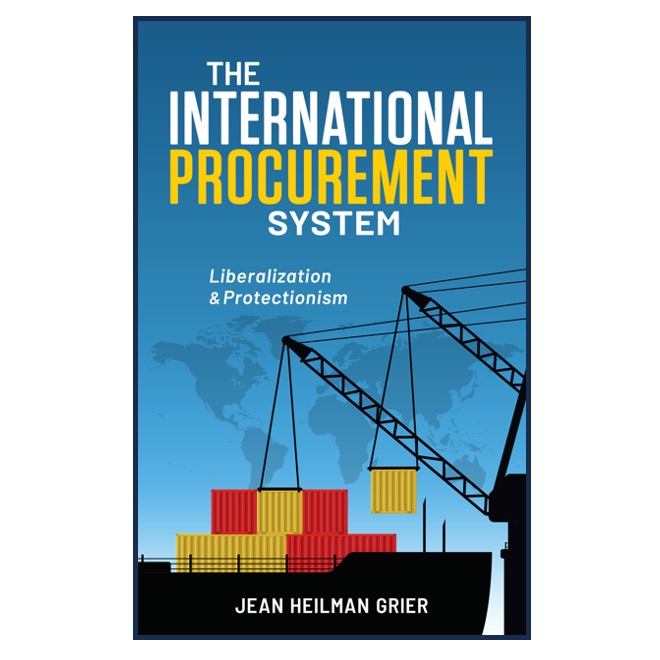Latest Post
Updated: 6 days ago
Government Procurement
Key International Procurement Developments in 2025
A new Briefing Paper, “Key International Procurement Developments in 2025,” published by Thomson Reuters, looks at key developments in international government procurement in 2025. The Paper…
Jean Heilman Grier
2 Min Read
Latest Posts
View AllGovernment Procurement
5 Min Read

EU Issues Guidelines under Foreign Subsidies Regulation
The European Commission published Guidelines on its enforcement of the Foreign Subsidies Regulation (FSR)…
Perspectives on Trade
5 Min Read

A New Trade Agreement Signed by EU & Mercosur
More than a year after the European Union (EU) and…
Perspectives on Trade
5 Min Read

WTO Procurement Agreement: Modest Developments in 2025
In its recently issued annual report, the WTO Committee on Government…
Perspectives on Trade
4 Min Read

US Tariff Deal with Switzerland and Liechtenstein Extends to Procurement
In its recent tariff and investment agreement with Switzerland and…


